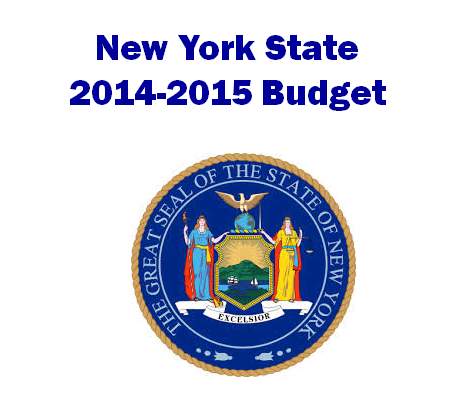Testimony on Local Government Minimum Wage Authority
April 30, 2014. In testimony presented before the New York City Council, FPI’s James Parrott reviewed several reasons why it makes sense for New York State to authorize cities and counties to establish higher minimum wage levels than the statewide minimum. Parrott’s testimony cited data showing that there are wide disparities across counties within the state in terms of the local cost of living, and that there is a similar wide disparity in median wage levels, particularly between New York City and suburban counties on [...]


